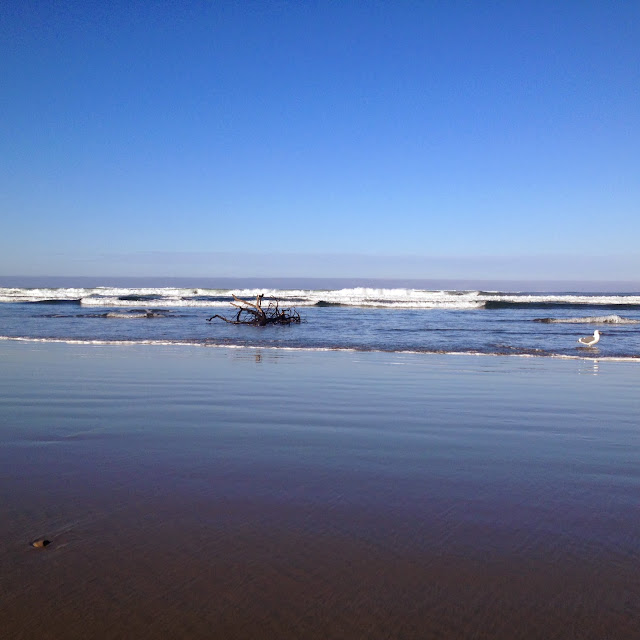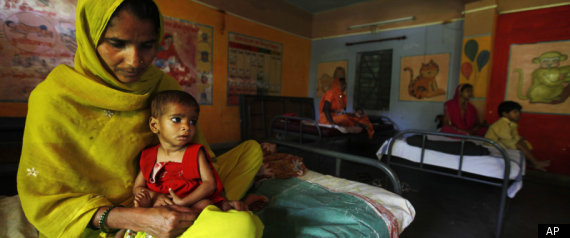Amy* was that girl
at summer camp. She smelled. She was loud, obnoxious, and needed four times as much
work grace as the other 13-year-olds.
In addition to her awkward appearance, her social
awkwardness isolated her even more. She would burst out with answers that were
exactly opposite of the expected reply, especially when speakers presented
rhetorical questions.
The 14 of us sat in a circle on the concrete floor of the
covered pavilion for our small group devotional: half of us in the shade, the other half baking in the
sun. The girls smelled of a musky combination of sunscreen, bug spray,
dirty hair, and summer.
The church kids flipped
their Bible's pages quickly from passage to passage. You could easily point out those
who were less familiar with it when they couldn’t identify which half of the Bible was
the “New Testament,” or they didn't have a Bible altogether.
I saw myself in the church kids in a way that was
embarrassing. I remember trying to impress my camp counselors at that age too. I knew Bible verses and song lyrics and the right Sunday School
answers. I didn’t know that maybe being nice to Amy would have made them the
most proud. The other girls weren’t mean to Amy. They mostly just
ignored her, which is often more painful that direct humiliation.
After devos, the schedule said to have personal quiet time for reflection. There were questions in each camper's booklet and a space to
write in their answers. The girls dispersed around the area: some leaned
against the walls, others sat on the steps, a few perched on the pews with their
hands under their chins, their elbows sinking into the pew’s yellow carpeting, and
their legs swinging behind them.
But Amy.
I finished scribbling in my answers, you know, to set a good
example. What does this verse mean to you? What is God saying to you today?
What do you want to say to God today?
I looked over at Amy again. She was laying face up on the
concrete, in her same spot from the circle. Her booklet was laying open next to
her (on the wrong page). I closed my book and quietly walked over to where she
was sprawled, and settled in on the ground next to her.
“Amy?”
“Hmm?” she replied, with more annoyance than wondering what
I was doing there.
“Amy, have you already finished your questions?”
“No. I'm not doing them.”
I opened her booklet for her, finding the right page. The
answers from the group devos were only half filled in, and the personal portion
was untouched.
“Amy, do you think we could answer these questions
together?”
“Ok.” She rolled over and peered over my hand as we read the
question together. “What does this verse mean to you?” She slowly sounded out
the words. “I don’t know.”
“Maybe we should skip ahead,” I suggested, “to the last
question.”
“What do you want to say to God today?” She read aloud, far
too loud for quiet time, but I didn't reprimand her. I was simply grateful she was engaging.
“Is there anything you want to tell God?” I asked.
“Nothing.” She said. “I just want to go home.”
“Why do you want to go home? Aren’t you having fun at camp?”
I asked.
~ ~ ~ ~ ~ | ~ ~ ~ ~ ~
She’d mentioned wanting to go home earlier in the day during the group worship service. All the kids were jumping up and down and
enthusiastically participating in the hand motions for each song. Amy sat next
to me on the end of the row, curled in a ball on the pew.
“Do you want to stand up and sing with us?” I asked.
“No,” she said, “I’m the weird girl who doesn’t
participate. I just want to go home.”
~ ~ ~ ~ ~ | ~ ~ ~ ~ ~
She scuffed her white tennis shoes on the concrete and closed her booklet. “I want to go home, because my Grandpa died.”
“Oh honey! I remember when my Grandpa passed away too. That
was really hard! When did that happen?”
“When I was six.” She went on and on about how her parents were unhappy
and her Grandma was in a nursing home and they couldn’t visit her and her
mom was always sad and her dad was always grumpy.
“Do you want to tell that to God, Amy? Do you want to write
that in your booklet?” I asked.
“No.” She crossed her arms and set her pen down.
“Maybe you could just talk to God; you don’t have to write
anything down. It's ok to tell him that you are mad or sad or lonely.”
“No. I don’t pray.”
“Well, would it be ok if I prayed with you? I can do all the
talking and you can just listen, in case you ever want to try it yourself. It’s
really easy.”
“Ok.”
We put our heads together and I talked to Jesus. I
prayed for peace for Amy’s achy little heart. I prayed for her family—each
member specifically that Amy had mentioned in her moment of openness. I prayed
for her to feel comfortable at camp. I prayed conversationally and normal and
without saying “Father God” in the middle of each sentence. I prayed like Jesus
was lying there on the concrete with us, his head right there with ours, making
a three-pointed star on the floor.
~ ~ ~ ~ ~ | ~ ~ ~ ~ ~
All week Amy rarely left my side;
I jokingly referred to her as my “shadow.” As I loved on Amy, the other girls
in the cabin opened up to her too. They wanted to make their counselor proud,
and they saw that loving each other was important.
When it was time for worship, Amy
tapped me on the arm.
“Kelly?”
“Yeah, Amy?”
“Can I go up there and sing at the
front with all the other kids?”
“Of course!”
She ran up to the front and joined a group of middle schoolers praising Jesus, hand motions and all.
~ ~ ~ ~ ~ | ~ ~ ~ ~ ~
I continued helping Amy with her
personal devos through the week. Her spelling and writing skills were weak, her comprehension was even weaker, but I think she really just craved the
company.
“Is there anything you want to say
to God today?”
“No.” She hesitated, “but…” Then
she started to write, without saying it out loud first. Thank you for bringing me here, because I have made some new friends.
“What is God telling you through this passage?”
She looked up at me with big eyes. “I think He is saying He wants to open my eyes,” she said. And she wrote it in her booklet.
He wants to open all of our eyes, Amy. He is saying that to all of us.
*name changed





.JPG)


















